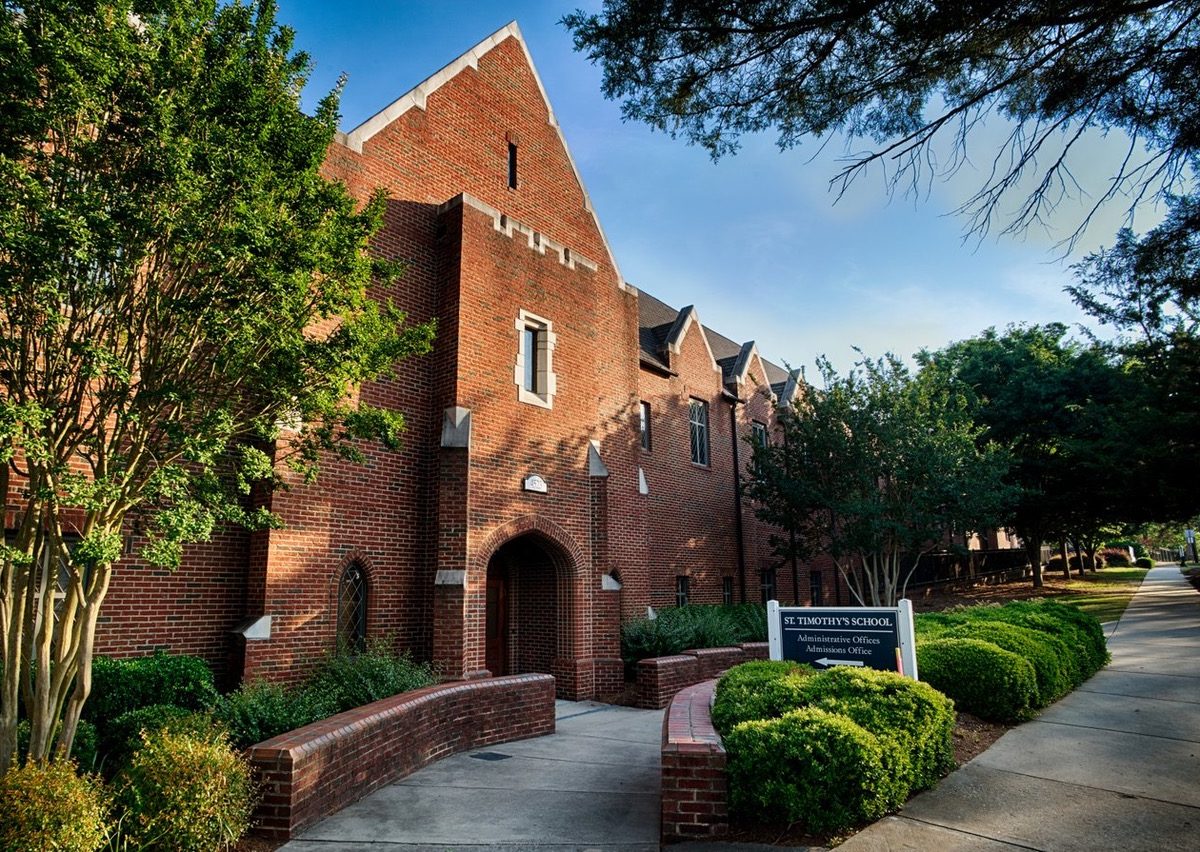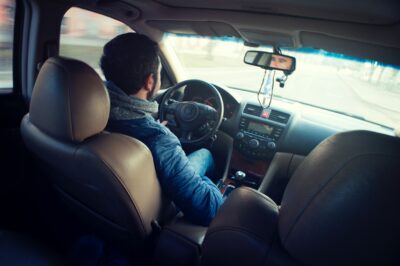
No people or places have been spared from the impact of COVID-19, including our schools, students, and teachers. These are extraordinarily difficult times for us all, and uncertainty abounds.
Even in the most challenging moments, though, there are reasons for hope. Pandemics end; they always have, and they always will. There will be a time when COVID-19 is behind us. And all of the extra work that we’re doing and the many lessons we’re learning right now inspire me to believe that the post-COVID school experience for our students can be made better as a result.
Here are just a few of my reasons for such hope:
From virtual jellyfish to ukeleles
Every school has always had groups of especially creative teachers and particularly tech-savvy faculty members, but our current circumstances have required all teachers to be creative and tech-savvy. And they’re rising to the occasion!
For example, when our fourth grade overnight beach trip had to be canceled, our teachers created our very first ocean-themed “virtual trip” as an alternative.
Students at home were split into small groups and rotated through 10- to 15-minute live Zoom breakout sessions with special guests leading them in various ocean-themed activities. (I, myself, even got the opportunity to serve as a guest “chaperone” using the National Aquarium’s Live Jellyfish Cam, sharing a mix of interesting trivia and a good number of “dad jokes” about jellyfish that I prepared for the occasion.)
This was not an isolated experience for teachers or students, either — virtual trips, guest speakers, and fascinating live cams from around the world are coming into our classrooms like never before, as teachers’ comfort with the technology and awareness of these opportunities become much more widespread. While we’ll get back to overnight trips just as soon as we can, I’m also certain that additional engaging and immersive virtual experiences will become a permanent part of our curriculum much more extensively than before.
Or take another example as we plan for a return to on-campus learning with careful precautions: Our music curriculum will forego recorders this year (as the extensive blowing and rather substantial amounts of saliva involved with these instruments could be problematic even before COVID!). However, our music teacher has found a brilliant alternative: beginner ukuleles for all students to start developing their early music skills.
And in our band program, we’re creating a new percussion ensemble for students who need to take a break from their wind instruments for similar reasons. But like so many new offerings well beyond music, if they’re as successful as we expect, they won’t be temporary. Long after COVID has passed, I believe we’ll be offering our students recorders and ukuleles, wind ensemble and percussion ensemble — and they, and we, will be all the better for it.
A commitment to community
I think we were tempted to sometimes take for granted the importance of community in our schools. Everything ranging from daily homerooms to the spring chorus concert, from school dances to the family bingo night — these routines were automatically part of the school calendar, as were the periodic service projects or class trips to the food bank. We did them because we’d always done them. But then, suddenly, we couldn’t. And many of us quickly realized how much we missed them — and how essential they had been for the social and emotional well being, growth, and success of our students.
So, we’ve had to double down on creating new ways to build, maintain, and serve community. We’ve done countless car parades, delivered yard signs celebrating our soon-to-be graduates, hosted students-only Zoom trivia nights, participated in virtual dance parties and scavenger hunts, held a successful virtual family bingo night, and so much more. And we ran a virtual charity 5K, wrote letters to homebound seniors, displayed artwork celebrating front line workers and first responders, and used all the extra time at home this spring to complete a closet clean out for clothing donations to help families in need.
Being forced to step away from our routines and our campuses have made us all more thoughtful and intentional about community than we’ve ever been before, with a newfound awareness and appreciation that I firmly believe will endure.
Remembering what makes a great school
One thing that might NOT endure in the post-COVID school world is snow days. Children and adults of all ages have now become proficient in Zoom, Google Meet, Microsoft Teams, and more. We’ve adapted lesson plans to create both live, synchronous activities, as well as independent, asynchronous options. We’ve learned that meaningful teaching and learning can continue even when we can’t be together in person.
Even more than this, though, being forced to leave our campuses behind has reminded us that buildings have never been what make a great school. The most valuable lesson we’ve learned in the midst of COVID-19 is that our school endured even without access to a campus, thanks to the people — parents, students, and, especially, dedicated teachers — who remained firmly committed to growth and learning, caring, and community, regardless of the challenges we faced.
We’ve strengthened our resilience, extended our awareness, deepened our gratitude for each other, and reaffirmed our commitment to our children and each other — and we will be all the better for it for years to come.
Recommended reading


